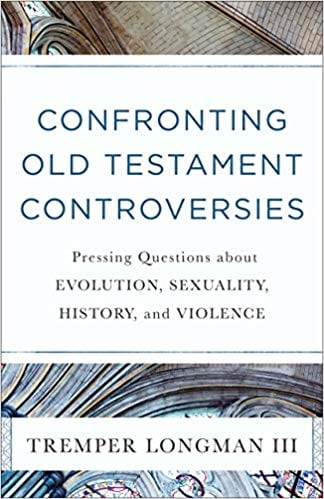Q. When it comes to things like the issue of whether Israel was once captive in Egypt I like the dictum ‘absence of evidence is not the same thing as evidence of absence’. For example, as Kitchen points out, the Israelites likely lived in mud huts, which would be unlikely to be found by archaeological work millenia later. What do you think?
A. I agree totally. And I believe the type of indirect evidence brought together by the eminent Egyptologist and archaeologist Jim Hoffmeier presents a strong argument in favor of the Exodus story along with reasons why there might be an absence of evidence (for instance the Egyptians were not in the business of leaving records of humiliating setbacks in their history.
Q. It has sometimes been noted that Moses is not a Hebrew name, and that it might be connected to either Tut-moses or Ra-mses. Do you have an opinion on this? It might indicate the Egyptian provenance or family connection of Moses to the Egyptian royal family.
A. I think this is right Ben. Richard Friedman in his new book on the Exodus points out that it is interesting eight Levites including Moses have Egyptian names (Moses, Merari, Hophni, Hur, Mushi, Pashhur, Phinehas).













